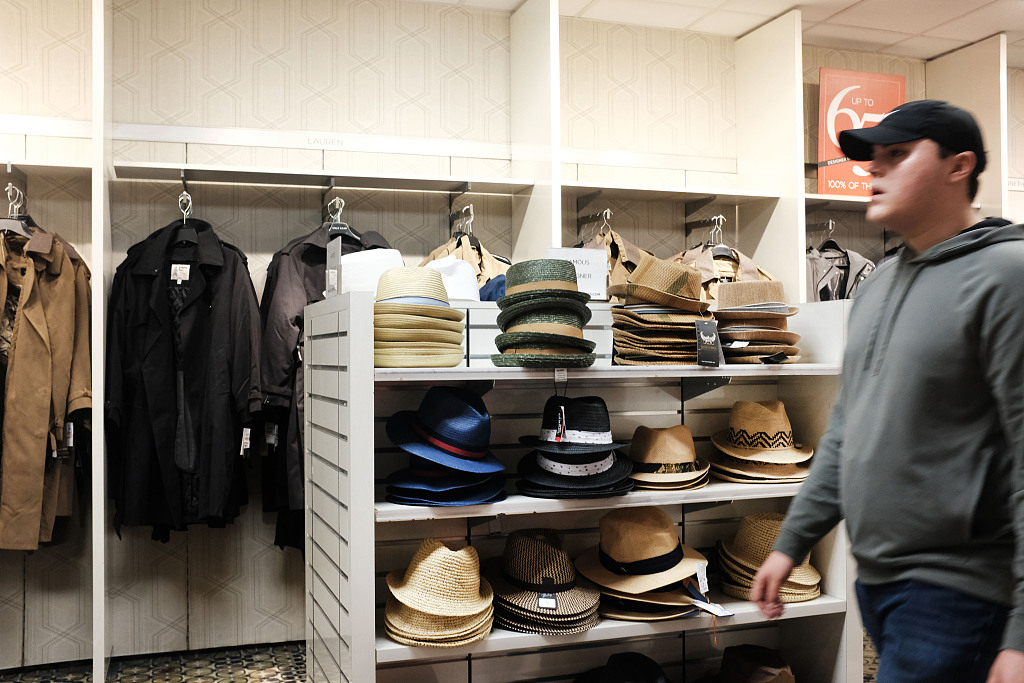
Money Stories
09:47, 19-May-2019
Who pays the tariffs on Chinese imports? U.S. companies and consumers
CGTN

Businesses in various industries across the
U.S. are crying out against the tariffs on Chinese imports as they will eventually
be the ones who have to pay the tariffs.
The Trump administration increased tariffs
on 200 billion U.S. dollars worth of Chinese goods from 10 to 25 percent, and China, in response, decided to impose tariffs of 25, 20 and 10
percent on certain U.S. products starting June 1.
Voices and fears from many U.S. companies and associations show that tariff hikes will inevitably result in higher costs, lower wages and higher prices for consumers. Small businesses, especially, will suffer the most in the tit-for-tat process as they lack alternative suppliers.
Greg Longstreet, CEO of Del Monte Foods, said in an interview that the environment is "inflationary" now, and the costs for its canned products "went up 25 percent overnight”. The food company has already raised prices on many products, including mandarin oranges that it imports from China, Reuters reported.

China-made hats on the shelves at a Manhattan department store in New York City, May 7, 2019. /VCG Photo
China-made hats on the shelves at a Manhattan department store in New York City, May 7, 2019. /VCG Photo
According to information collected by the National Retail Federation (NRF), most U.S. companies have already felt the pinch. Some are now taking protective actions, while others are puzzled about their next move.
CEO Alex Camara from audio equipment manufacturer AudioControl said he has to raise overall prices to dealers and retailers by eight to 12 percent, and that could jeopardize sales. The company imports about 25 percent of its parts from China, according to the NRF.
Lisa Hu, founder of handbag company Lux and Nyx said she has basically abandoned plans to sell her products in department stores because she worries about new tariffs that could potentially increase the time between stores placing an order and when the imports arrive. "I have to make long-term decisions based on the little information I have now," said Lisa.
Beth Aberg, owner of Random Harvest Home Furnishings, said the tariff hikes will stop its stores from stocking almost everything from China. "Furniture items are already higher ticket, an increase from 10 percent to 25 percent is really significant. I don't think the administration understands how much damage it's doing, both to the U.S. economy and the consumer", according to the NRF.
Neither China nor the U.S. can shy away from the trade spat, but it is the U.S. retailers and local consumers who will pay the cost, as Chinese companies' share of the total product cost caused by tariffs is only 10 percent, while the U.S. accounts for 90 percent or even more, according to Chinese scholar Gao Lingyun from Institute of World Economics and Politics at the Chinese Academy of Social Sciences.
Read more:

SITEMAP
Copyright © 2018 CGTN. Beijing ICP prepared NO.16065310-3
Copyright © 2018 CGTN. Beijing ICP prepared NO.16065310-3